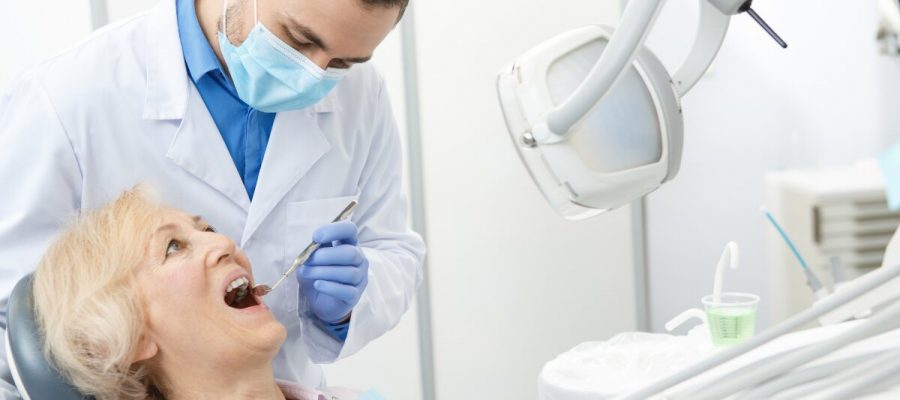
For adults who have had a stroke staying on top of dental care may prevent a second stroke, according to research co-authored by the University of North Carolina at Chapel Hill and presented at the American Heart Association International Stroke Conference.
Early results from the study of stroke patients in South Carolina and North Carolina show secondary stroke events occur less often when patients receive proper dental care for periodontal disease. Periodontal disease, also known as gum disease, can damage the tissue that holds teeth in place.
Stroke specialist Souvik Sen at the University of South Carolina School of Medicine led the study. James Beck and Cristiano Susin at the UNC Adams School of Dentistry are study co-authors.
The data presented at the AHA is from the Periodontal Treatment to Eliminate Minority Inequality and Rural Disparities in Stroke (PREMIERS) Study. The study examined a group of 280 patients who had experienced a recent stroke and had periodontal disease, with the goal of determining if treating periodontal disease reduced the occurrence of a second stroke.
Study participants were split into two groups—one receiving standard periodontal treatment and one receiving intensive periodontal care.
Standard treatment included brushing teeth with a manual toothbrush and removal of plaque similar to a routine dental visit. Intensive treatment included two plaque removals, extraction of hopeless teeth, antibiotics and use of mouthwash, an electric toothbrush and an air flosser.
“What we saw in this limited number of participants is that any level of periodontal care following a stroke seems to reduce the chances of a second stroke event,” said Susin, professor and chair of the Division of Comprehensive Oral Health at Adams School of Dentistry. “We already know that periodontal disease is associated with several systemic diseases and conditions, so this outcome, while not surprising, is significant for the long-term health of those who recently had a stroke.”
The PREMIERS Study did not find any significant difference in reduction in stroke events between subjects who received standard care versus intensive care. Researchers found a preliminary indication of lower blood pressure for both groups and reduction in cholesterol for the standard group, although additional studies are needed to confirm those findings.
Source: Read Full Article
